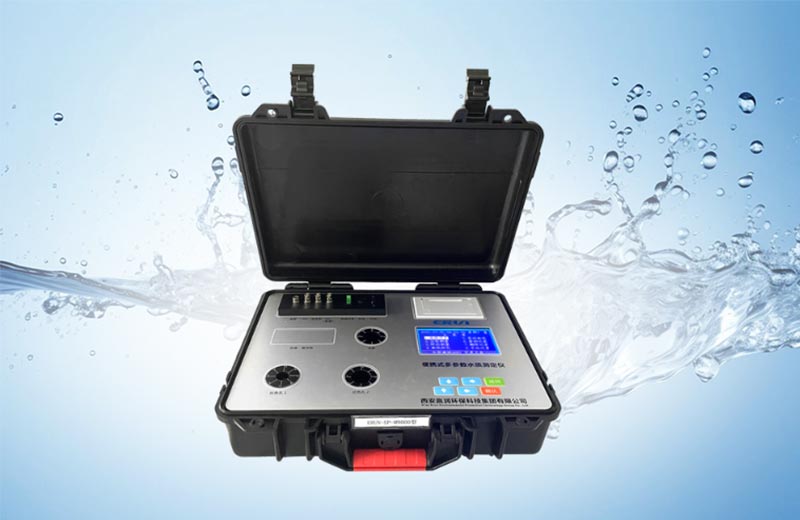The quality of boiler feed water is one of the important factors affecting boiler performance and service life. Among many water quality indicators, the detection of total alkalinity is particularly important. This article will delve into why steam boiler feed water needs to be tested for total alkalinity, providing valuable information.

The water supplied to a steam boiler, which is treated before entering the boiler, directly affects the internal chemical reactions, scaling, corrosion rate, and steam quality of the boiler. Total alkalinity, as an important indicator in water quality analysis, refers to the total amount of substances in water that can accept hydrogen ions (H⁺), mainly including carbonates, bicarbonates, hydroxides, etc. High total alkalinity water in the boiler after heating is prone to scaling and corrosion problems, affecting the thermal efficiency and service life of the boiler.
High total alkalinity water, when heated in a boiler, will precipitate a large amount of carbonates and other deposits, which adhere to the heating surface of the boiler to form scale. Scale not only increases thermal resistance, reducing the heat transfer efficiency of the boiler, but can also lead to local overheating, causing safety accidents. Therefore, by detecting and controlling the total alkalinity of feedwater, it is possible to effectively reduce the formation of scale and improve the thermal efficiency of the boiler.
2.In water with too low total alkalinity, the concentration of hydrogen ions is relatively high, which can easily cause electrochemical corrosion of boiler metal components. Properly increasing the total alkalinity can form a protective film to slow down the corrosion rate and thus extend the service life of the boiler and its auxiliary equipment. However, excessively high total alkalinity may also exacerbate alkali corrosion, so it needs to be precisely controlled.
3.In multiple countries and industry standards, there are clear regulations on the total alkalinity of feedwater for steam boilers. Companies need to regularly test and adjust water quality to ensure compliance with relevant standards, avoiding regulatory penalties or production disruptions caused by water quality issues.
The detection methods of total alkalinity mainly include titration and spectrophotometry. Titration is achieved by adding a certain amount of standard acid solution to the water sample until the pH value of the solution changes significantly, calculating the total alkalinity based on the consumed acid quantity.
The portable pH meter ERUN-SP7-B3, developed and manufactured by Yingrun Environmental Protection, adopts the spectrophotometry method to quickly and accurately detect the total alkalinity in water samples. With a large screen that can switch between Chinese and English menus for easy and intuitive operation, it comes with a built-in hand-held suitcase, suitable for field water quality testing or alkalinity analysis in university laboratory water quality determination.
Therefore, the detection of total alkalinity in steam boiler feed water is crucial for ensuring the safe and efficient operation of the boiler. Enterprises should establish a comprehensive water quality monitoring system, regularly test and adjust the total alkalinity of feed water to meet industry standards, improve production efficiency, and extend equipment life. We hope this article brings you some benefits. For more detailed information, please contact customer service directly or refer to other articles on our website about steam boiler feed water testing parameters.